
Fall is around the corner. Hot dog roast, making S’mores, pumpkin patches and gathering around the fireplace with the family will begin. Also, it’s a great time to start gathering cold weather for everyone. My granddaughter started first grade last month. So, I’ll be putting together lots of worksheets for her and you will get the benefit of being able to print and use them. Be sure to subscribe if you’re interested in printables.
Helping your child count to 20 before kindergarten is great, so if you have a preschooler these activities will help them too.
This time of year, the leaves are turning and pumpkin patches await a visit. Have fun with our First Grade Subtract the Apples activity sheets. It also starts to get chilly and rainy. So, we created a first grade activity pack that includes math, addition, matching, and writing pages. Also, children love to color. We included a coloring page and a page for them to draw a face on the pumpkin. You can download the fall first grade activity sheets here.
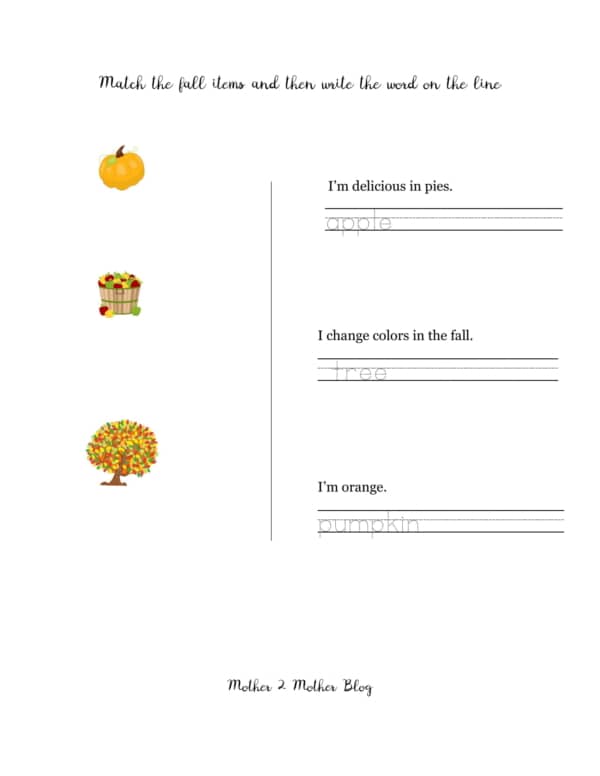
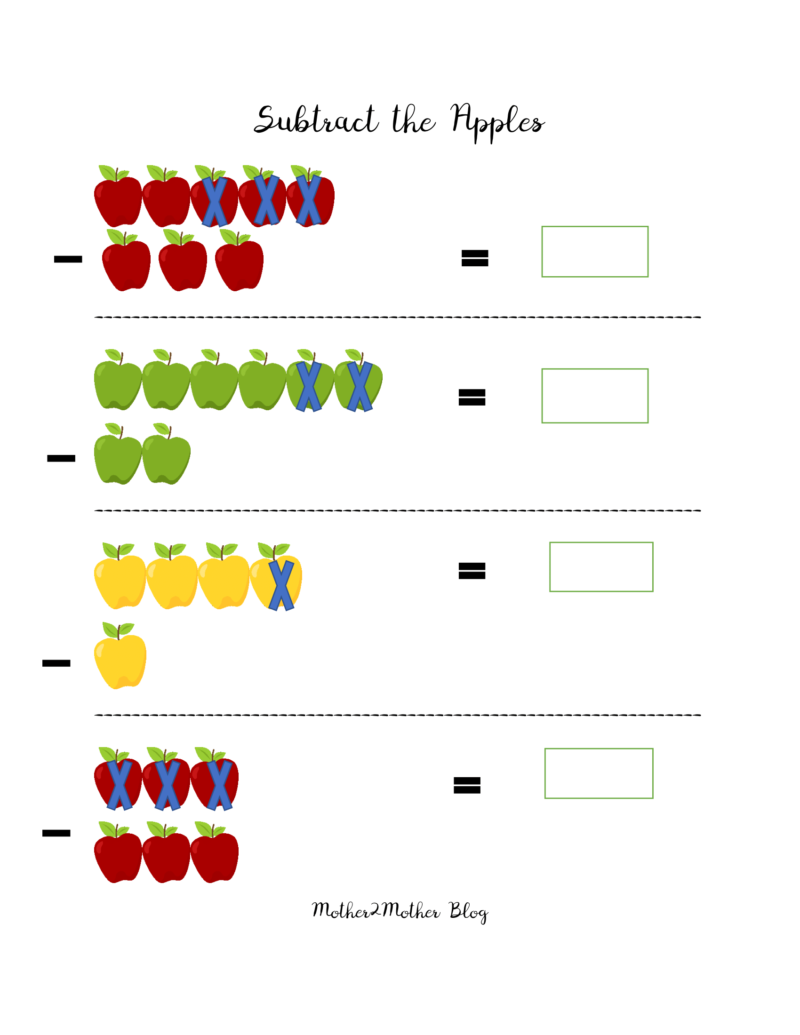
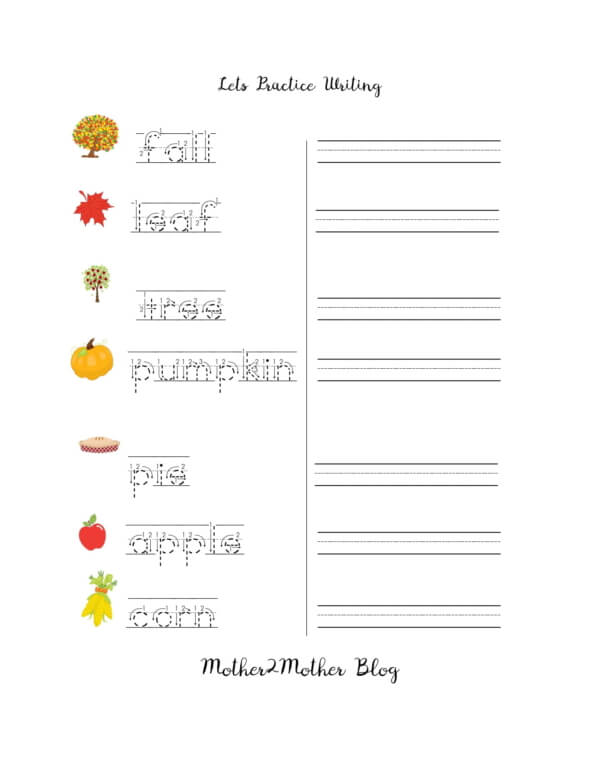




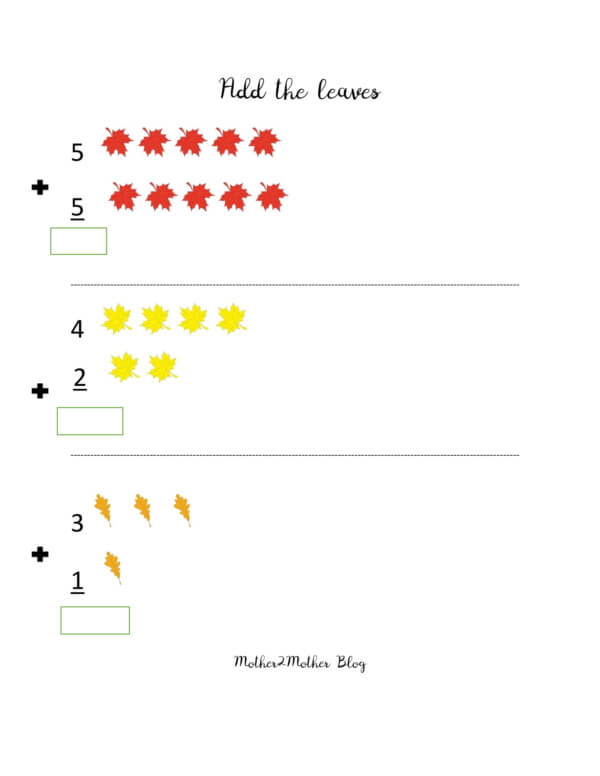
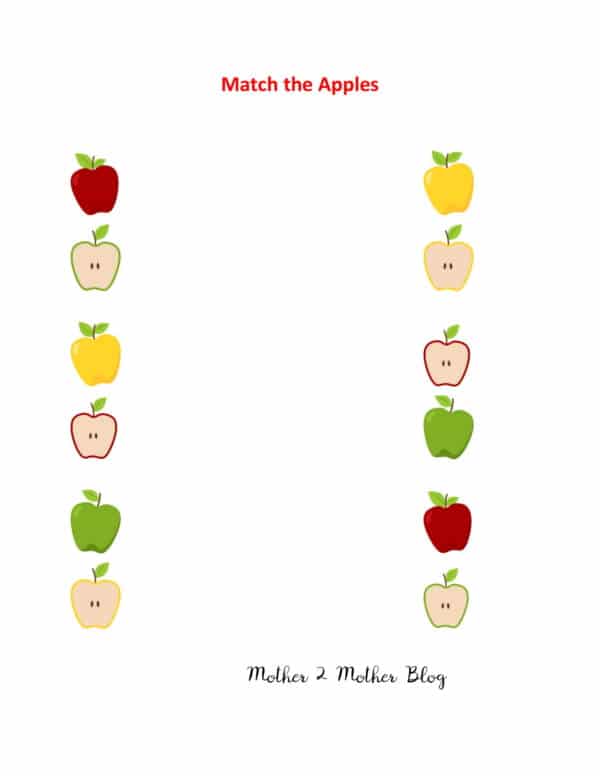 Additionally, we have a Kindergarten Activities pack that will help kids count from 1 – 10 and than 1 – 15. We have also created an addition math sheet that encourages children to trace the sum of the numbers. Furthermore, you can find pumpkins in the Cutest Pumpkin in the Pumpkin Patch that need to be numbered. Also, apples from the trees in the fall. Your little one will have to number the falling apples in another activity. Download the fall kindergarten activity sheets below here.
Additionally, we have a Kindergarten Activities pack that will help kids count from 1 – 10 and than 1 – 15. We have also created an addition math sheet that encourages children to trace the sum of the numbers. Furthermore, you can find pumpkins in the Cutest Pumpkin in the Pumpkin Patch that need to be numbered. Also, apples from the trees in the fall. Your little one will have to number the falling apples in another activity. Download the fall kindergarten activity sheets below here.
Be sure to subscribe so you can receive other educational printables for kids. You may also like Fall Nature Hunt Game. Another activity that excites littles ones in the fall is Halloween. Actually it is around the corner, and everyone is exciting about the scariest night of the year.

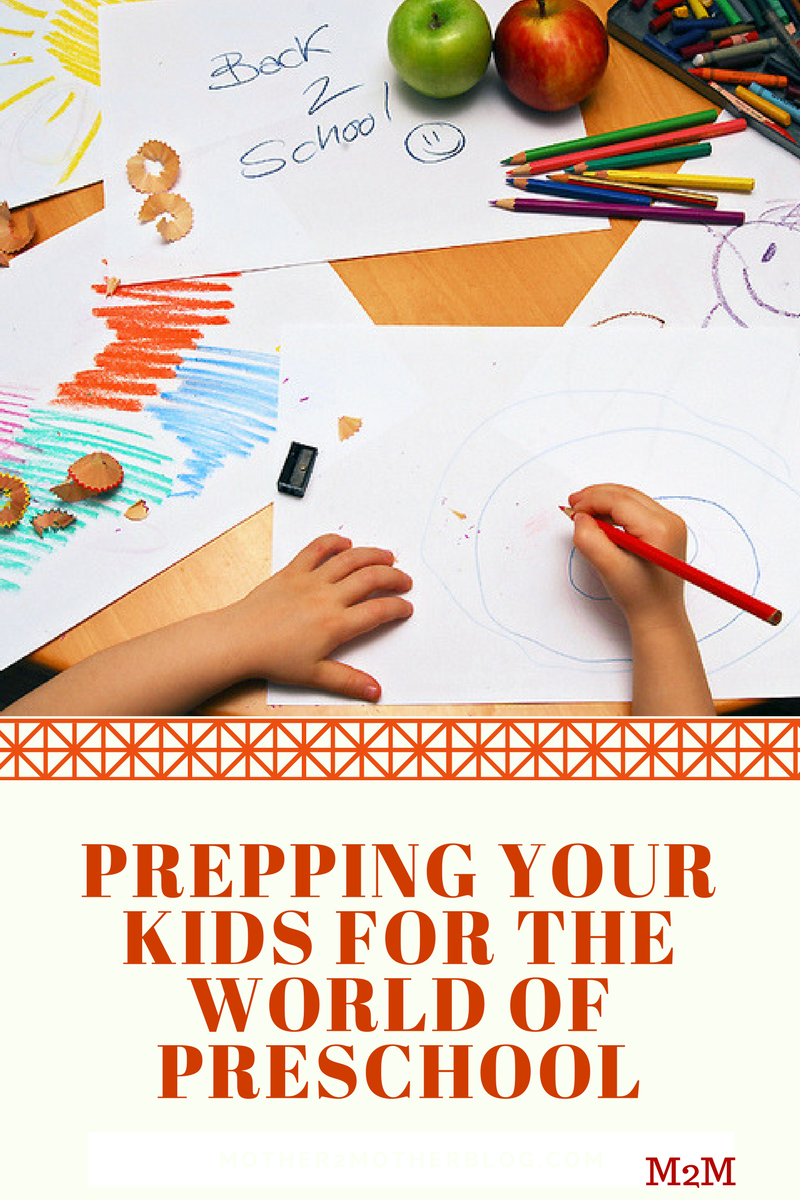
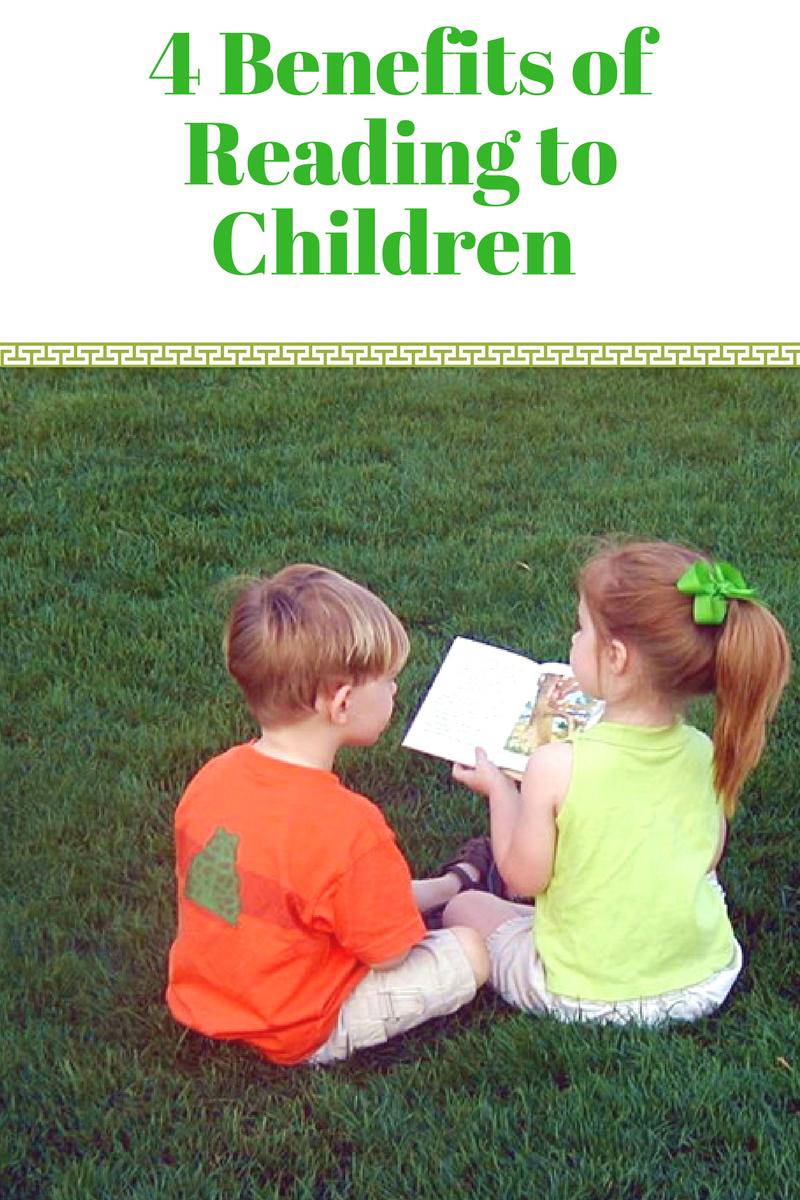
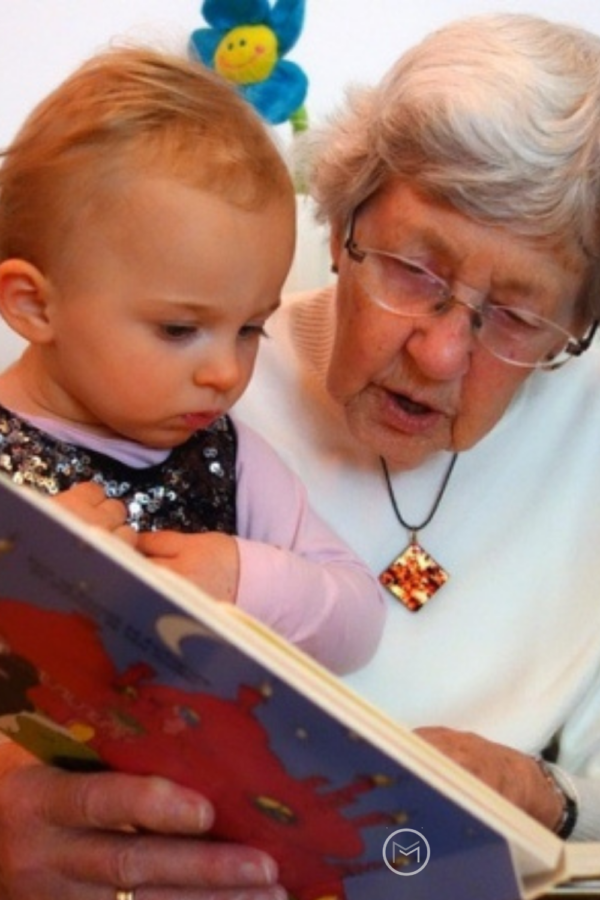


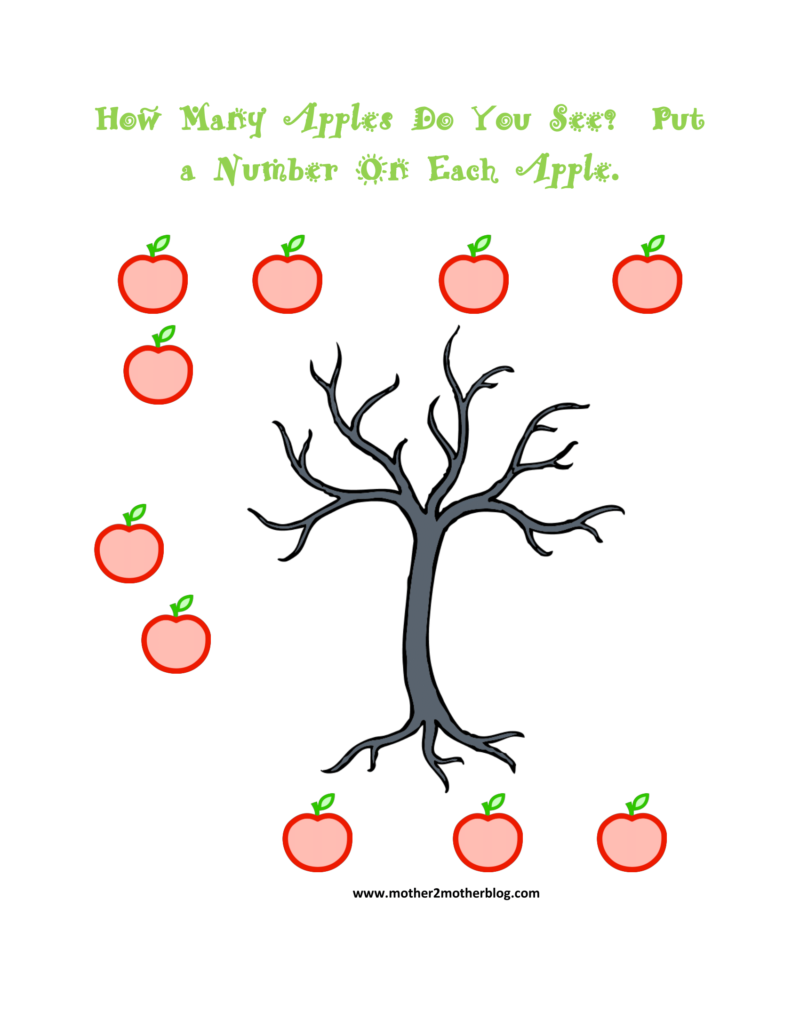
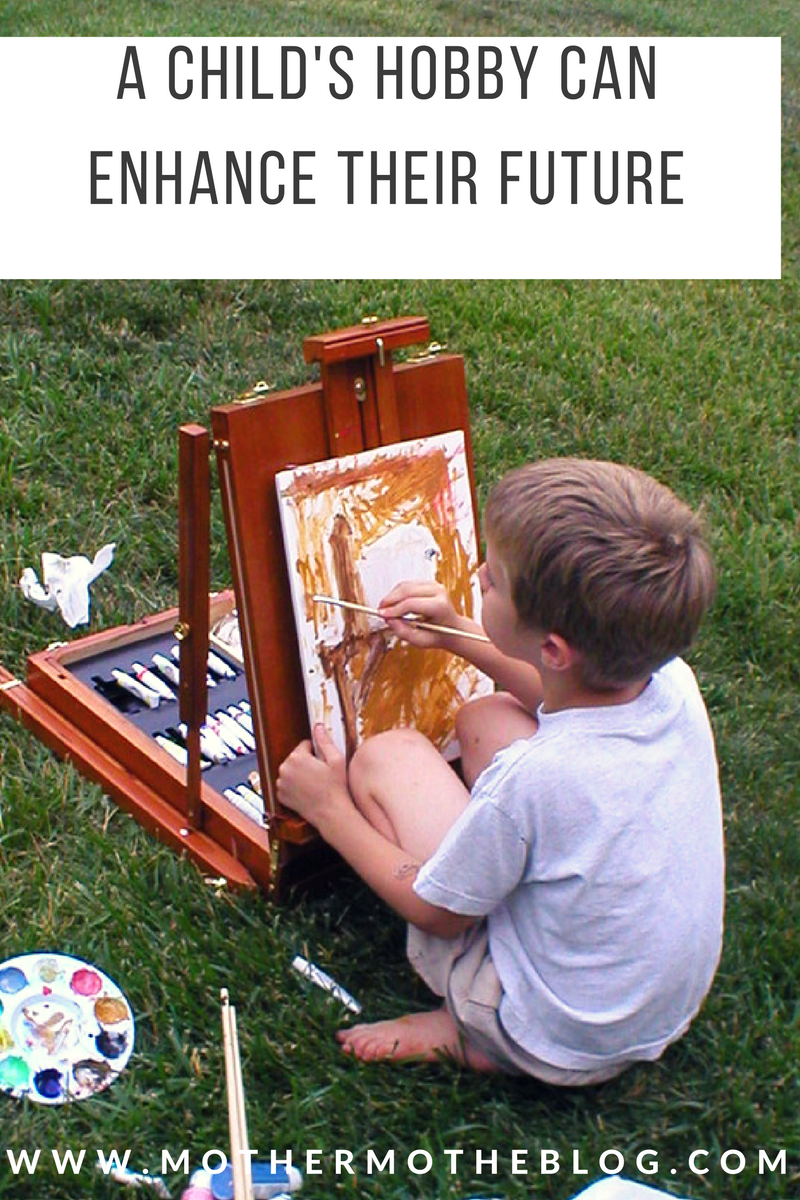
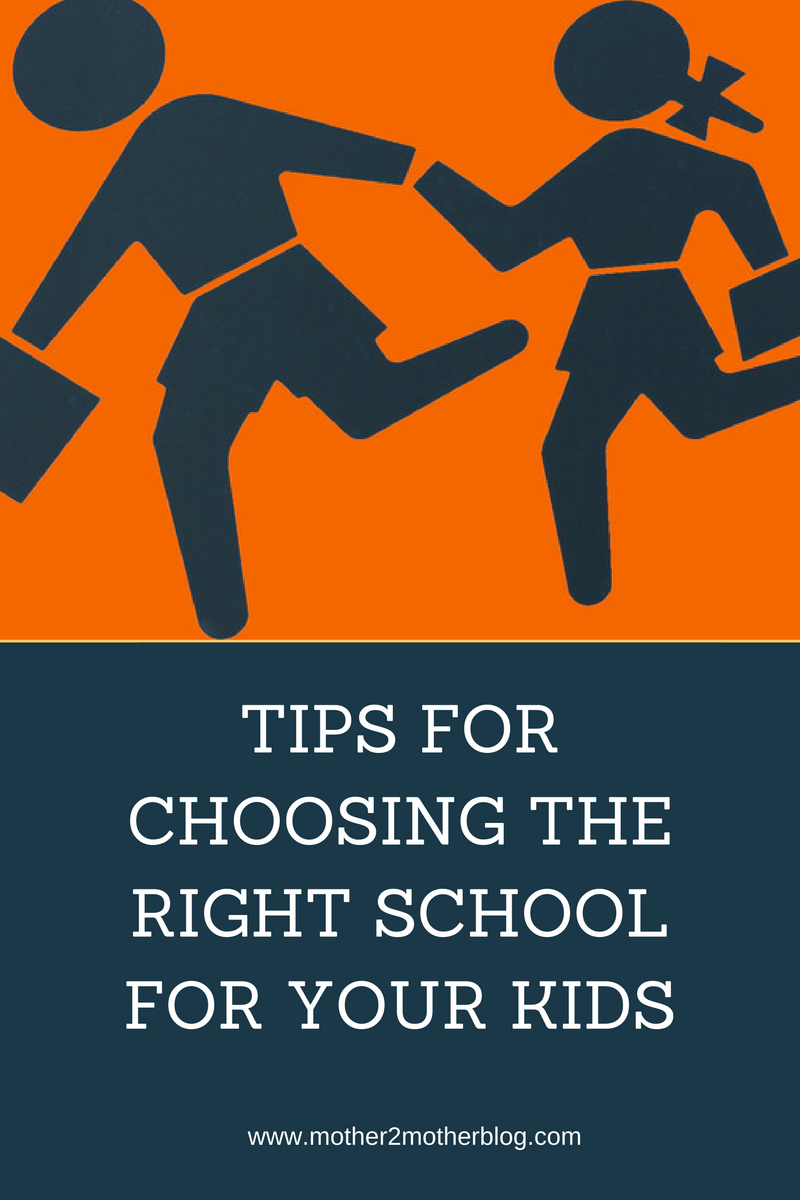

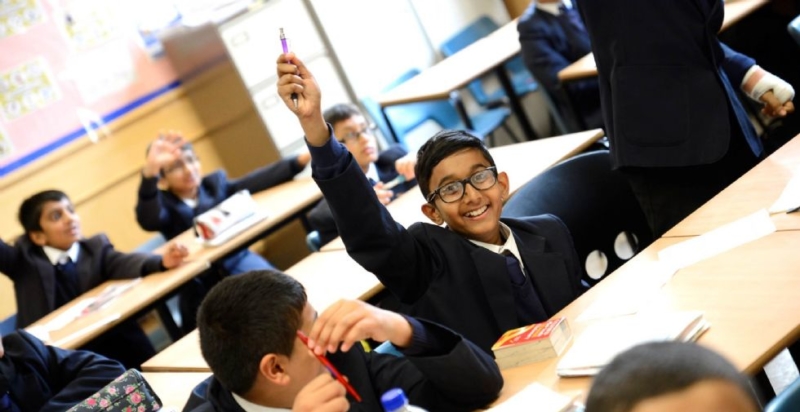




 Jessica Freeman is passionate about teaching and journalism. She finds her calling in making others interested in topics of education, children upbringing, and academic developments. You can follow her on
Jessica Freeman is passionate about teaching and journalism. She finds her calling in making others interested in topics of education, children upbringing, and academic developments. You can follow her on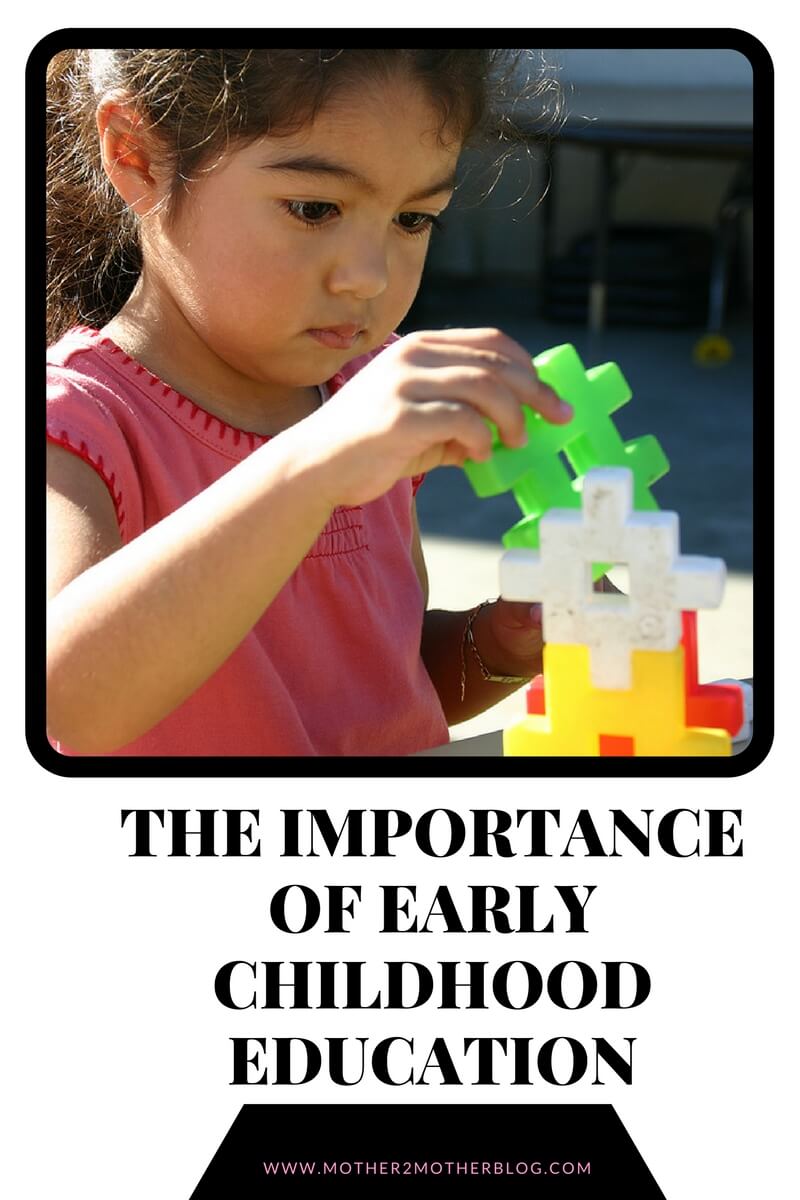
 Diana Smith is a full time mom of two beautiful girls simply in love with interior design and DIY projects. In her free time she enjoys exercising and preparing healthy meals for her family.
Diana Smith is a full time mom of two beautiful girls simply in love with interior design and DIY projects. In her free time she enjoys exercising and preparing healthy meals for her family.



